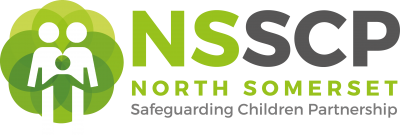Bullying is a frightening experience. It can isolate children and young people and damage their self-confidence or lead to more serious concerns.
Bullying can happen in and out of school and online. It can come from anyone around the child not just their peers.
Parents, carers, teachers and other professionals have a duty to act if they suspect or discover that a child is being bullied.
Bullying can seriously affect your child. It doesn’t just involve physical abuse. It can include emotional and verbal abuse, racist remarks and cyberbullying.
The impact of bullying can often be underestimated. It is important that as a parent or carer you can recognise the signs and impact of bullying and get help for your child.
